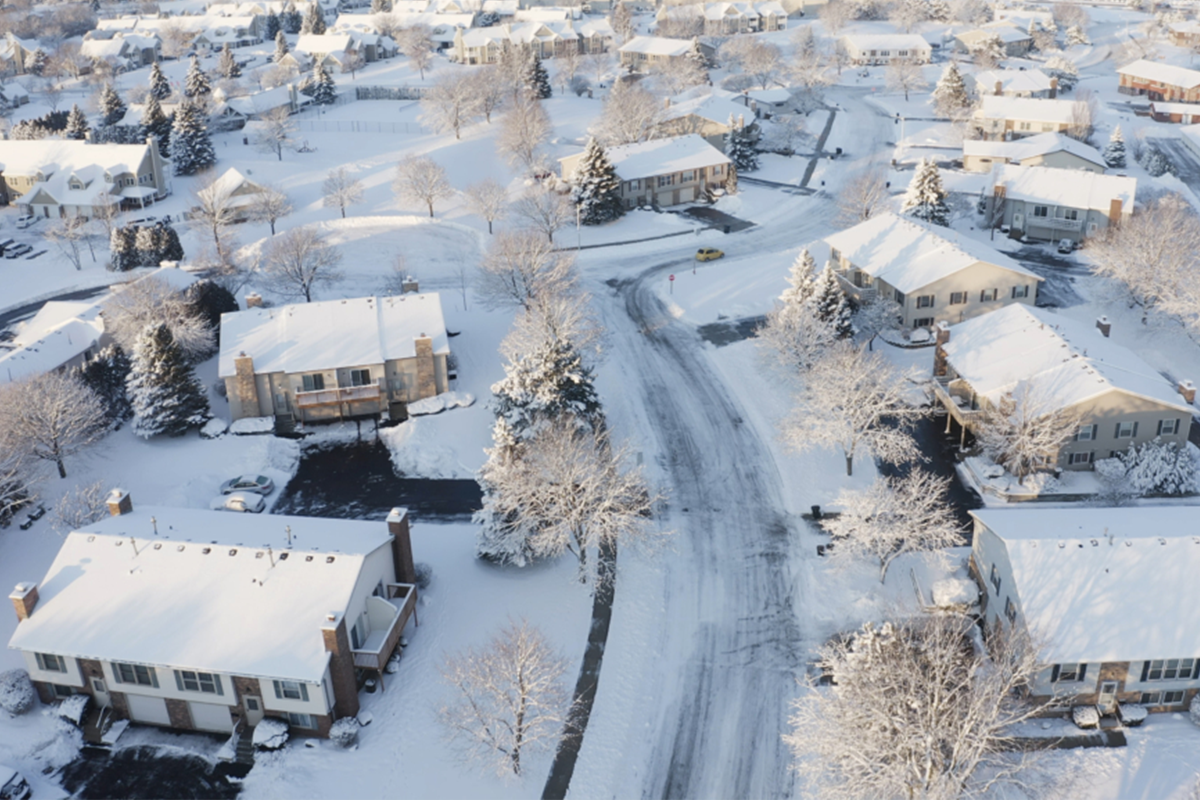Why does my electric bill go up when the temperature goes down?

Extremely cold weather can have a big impact on energy bills. The extended, extremely cold weather we experienced in January was unusual for our region.
January saw near zero low temperatures and four consecutive days of high temperatures below freezing. These extended periods of cold weather can lead to increased demand in energy consumption. In fact, our power supplier, TVA, set an all-time record peak energy demand on Wednesday morning, Jan. 17.
So why does energy consumption go up when the temperature goes down? The answer is fairly simple.
Colder outdoor temperatures require your home heating systems to operate longer to maintain comfortable indoor temperatures. This is true even if thermostat settings are unchanged. For example, when a home’s thermostat is set at 65 degrees and the outdoor temperature is 45 degrees, the heating system must generate only 20 degrees of heat and may only operate a few minutes of each hour. However, if the outdoor temperature is 15 degrees, the heating system must generate 50 degrees of heat and must operate almost the entire hour to maintain an indoor temperature of 65 degrees. The longer a heating system runs, the more energy it uses. Homes with gas heat will see higher power bills because fans that circulate the heat run on electricity.
Contact Gibson Electric Membership Corporation as soon as possible if you have difficulty paying your bill. We can help members set up payment arrangements and take advantage of assistance provided by local agencies. You may also consider enrolling in our levelized billing program to avoid seasonal peaks in your energy bills.